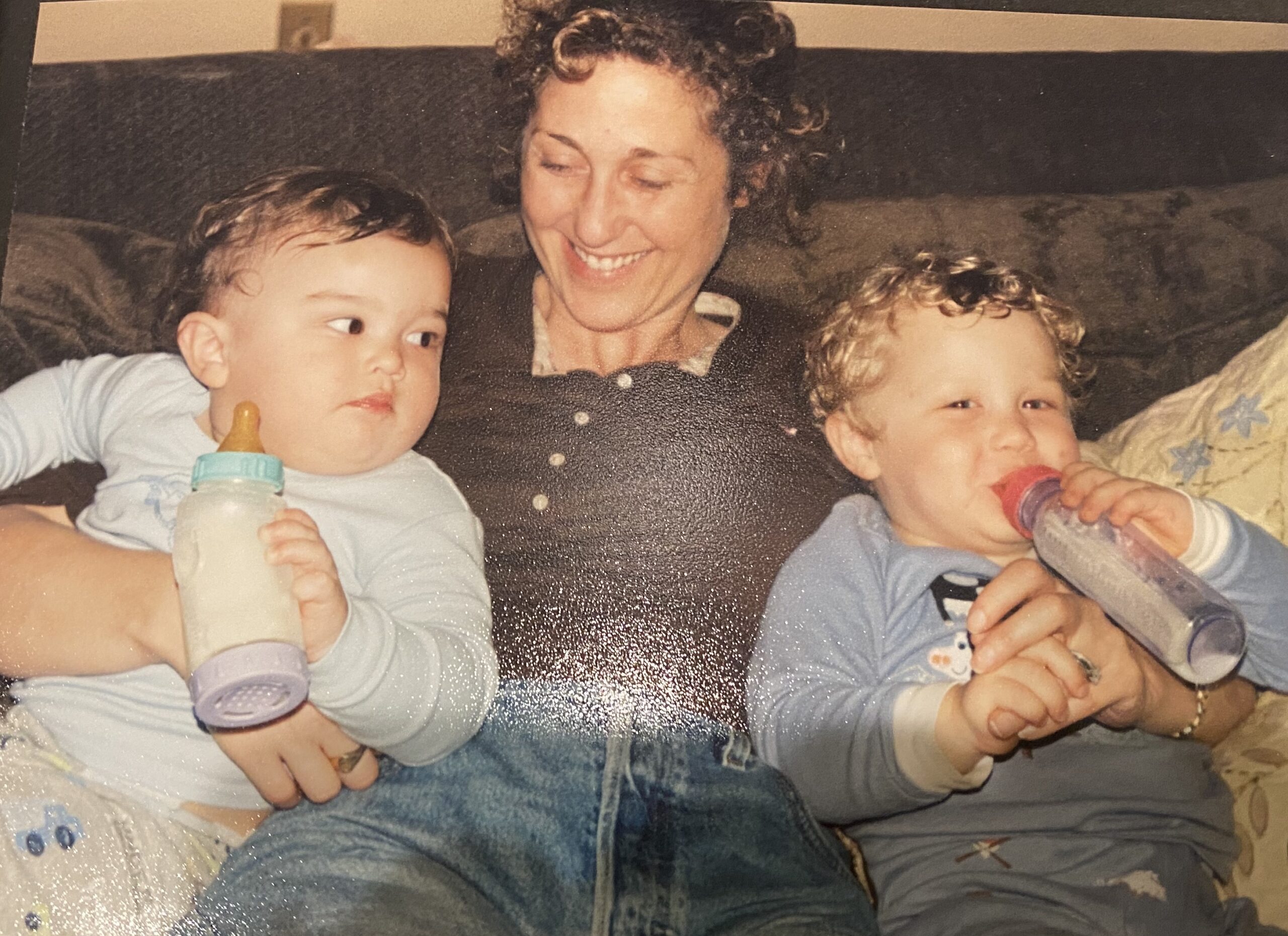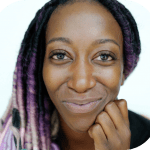I despise the word diversity. Every time I hear it used, I cringe and pause for impact. It usually follows with some form of “woke” PR jargon about how we’ve gotten better because of [insert-we-care-statement-please-don’t-sue-us-statement-here]. Diversity has become another word that’s become an overused gimmick. Inclusion is next. It’s become more marketing than usability. We’ve officially tainted the goal with white fragility and a bunch of diversity professionals with no success record. The message intended with diversity: opening up peoples’ lenses, helping them shift their perspective and making our communities more inclusive. Nowadays, people hear the word “diversity” and eyes roll.
But what about those who really do care? Those of us who see how we can have a better-designed workplace experience are left either talking to ourselves or taking a hit on our work performance by having inclusion as a second job. It happens over and over. Hope stripped or overpowered by yet another word intended to help those in need. Instead, it has done more harm than good.
My perspective is based on 15 years of software user experience research and revitalizing user interfaces at leading companies such as Uber, Google, IBM, Cisco, and Intel. My job is to tell product teams that their design leaves out sizable segments of our population. I can look at any user interface and tell you the demographics of the people who designed it. Buttons that are too small for middle-aged and seniors? Self-driving cars that don’t detect dark-skinned pedestrians? Social and economic disasters waiting to happen . . . and way more than any of you want to know.
We all know what we know. And unfortunately, we don’t know our gaps or blind spots. But we all have them. Our understanding and awareness of the world is a result of our experiences — the images we’ve seen, the news we’ve heard, and our interactions with other people. And if our experiences are limited, then our understanding is limited, and we’ve got blind spots. Simple as that. No one is a bad person. This is not race or gender warfare. This is not about social engineering. It’s about creating a design that works for everyone. And while I know thousands of diverse talent, I can’t with good faith tell them that their voice always matters.
While at Google, I started conducting workshops for Googlers to talk about a diversity of design thinking. Guess what? When I called the workshop a “diversity” discussion only black and brown people came. So I changed the title to a workshop on “inclusion.” That got both black and brown people to come, women of all colors and a small asian population. Very few white men attended either the diversity or the inclusion workshops. They weren’t interested. So I changed the title once again, and I called the discussion Humanizing Design. All of a sudden, the white guys came too. They saw a direct ‘what’s in it for me’ value in a discussion about humanizing design, so their products worked for the entire population. This isn’t far from multiple experiences I’ve had across building, researching, or designing for product in multiple companies. I’ve had to empathize with the majorly privileged to gain sympathy for the “real” representatives of our “product” uses.
Our workplace experience is also a design; just like a user interface on a software product. Sometimes it’s conscious and deliberate, and sometimes it unconsciously reflects the characteristics of our leadership. Either way, it’s a design. And just like a User Interface (UI), some workplace designs are so limiting that the user experience (UX) simply doesn’t work for large segments of our population. There’s no way we can be socially and economically successful (either in a product or a workplace), when the UX or UI limits our potential users to a small subset.
So just like my experience at Google, I suggest we stop using the term ‘diversity.’ That term isn’t working very well. Instead, let’s start a discussion about humanizing our workplace, and I bet you the white guys will show up.
Oh and reach out if you’d like my help in leading a Human Design discussion at your workplace.










